The Ministry of Defence has addressed questions raised in Parliament about the ongoing pay dispute within the Royal Fleet Auxiliary (RFA) and the measures being taken to ensure operational continuity and address recruitment and retention challenges.
In response to a question from Mark Francois MP about the impact of the dispute on operations, Al Carns, Parliamentary Under-Secretary for Defence, assured that “The Royal Fleet Auxiliary remains essential in supporting operations alongside the Royal Navy and our global allies. They continue to meet their operational commitments, and we are dedicated to resolving this dispute through ongoing dialogue with their trade unions.”
Carns reaffirmed the government’s commitment to engaging with RFA personnel and trade unions to resolve concerns. Responding to further queries, he stated: “We are committed to listening to their concerns and maintaining a continued dialogue to address issues they have raised during the current pay dispute.”
The dispute, which has seen RFA ratings take strike action in locations worldwide, has brought attention to pay disparities between RFA personnel and other comparable roles. According to union leaders, the dispute stems from insufficient pay settlements and delays in negotiations.
Francois also asked about the government’s strategy for tackling recruitment and retention issues in light of the pay dispute. Carns highlighted several initiatives aimed at addressing these challenges, including:
- Modernising pay and allowances.
- Introducing flexible and family-friendly working arrangements.
- Shortening recruitment timelines.
“Recruitment and retention of staff over the long-term remains a priority,” Carns said, adding that these initiatives are part of a broader Defence-wide programme overseen by the Recruitment and Retention Board.
Despite assurances from the government, the RMT union has expressed frustration at the pace of negotiations. RMT General Secretary Mick Lynch previously criticised the Ministry of Defence for failing to act decisively, stating: “This union has been repeatedly told that the MoD will look to start pay negotiations, but it is clear that they are failing to address our concerns.”


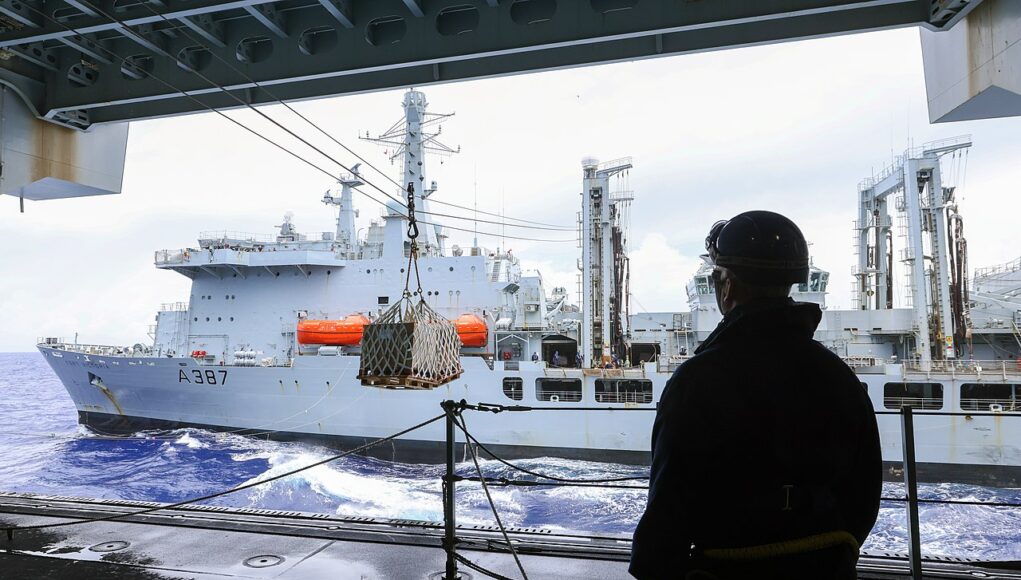



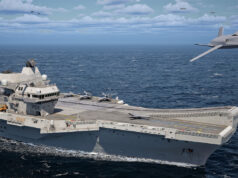

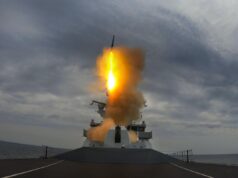

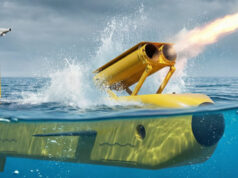
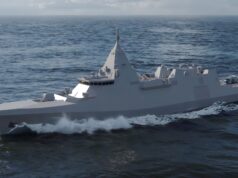
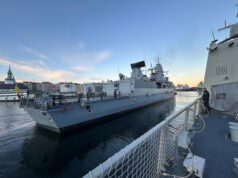

No problem resolving pay dispute with NHS and the doctors, costing billions, instant. but this tiny but essential part of our defence, who frankly aren’t paid enough and it shows with recruitment which has seriously hobbled the service, and we expect them to put them selves in mortal danger, gets this mealy mouthed long grass statement. Simply transfer the saving from Bullwark to pay and conditions as a one off, then reform their pay public sector grading going forward to something based on what they do.
Agree. The payout to consultants was a massive settlement as was the payout to the trainee grades.
The UK can easily afford to give every single member of the RFA a £5000-10,000 per annum pay rise. There aren’t many of them and yet they perform a vital role.
Just give them the pay rise, after all train drivers on £70k or more were given a £10k pay rise so the money is clearly there when needed. It’s needed now.
Hard to believe the stubbornness and stupidity to not get this issue solved asap. Quite unreal. Fuel and logistics trucks of the Navy!!
Problem is the treasury I imagine since outside the MoD and the Forces not many people know about what the RFA does which leads.
It is central that this cheap-to-solve problem rattles on.
If HMG really wanted more RFA ships at sea backfilling disaster refied waving the flag from a big grey lump then this is the fastest and cheapest way to do it.
Either solve the problem quickly or it will become an insoluble opportunity…..
It’s absolutely baffling as to why this isn’t being resolved, then again it seems that other than those whose settlements have already been sorted HMG is now clamping CS pay right across the board.
The comments from Mick Lynch about the inactivity on MODS side are pretty telling, unless of course they are just not used to dealing with anyone like Mick Lynch.
The officers are on strike as well – not just the ratings.
It’s been an on going problem since I finished with the RFA in 1993, so nothing new but easy to fix pay up by getting rid of half the hangers on MP’s.
I always thought RFA was part of Royal Navy
I also thought our armed forces could not use strike action
Obviously I have been wrong for a long time.
The RFA are civilian merchant mariners classed as MOD civil servants. So they can strike but They don’t get access to RN healthcare, housing, AT, resettlement, retirement before their late 60 and so forth so Comme ci, comme ça….
“Meeting it’s operational commitments”? Does that also mean being increasingly written out off so reducing such commitments with alternative solutions, such as, using allied assets or planning around the need for RAS ops?